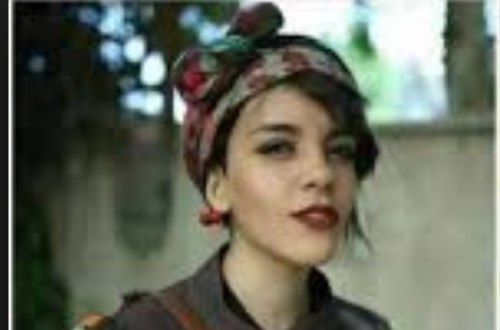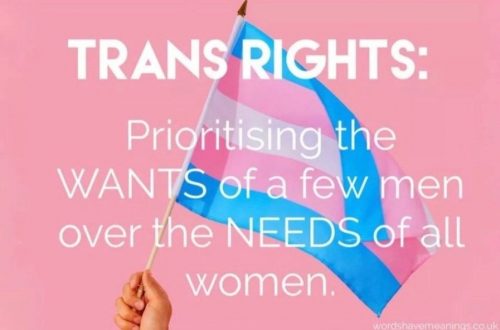The controversy can be traced back to a recent International Women’s Strike:
Organizers of the strike wrote in its platform that the decolonization of Palestine is “the beating heart of this new feminist movement.”
Emily Shire, a Zionist feminist took issue with this stance in a thoughtful op ed in The New York Times; in an interview for The Nation Linda Sarsour responded to her concerns. I am not sure why the interviewer found Shire’s question ‘flip’?
In her op-ed, Emily Shire asks, “why should criticism of Israel be key to feminism in 2017?” I think she was being a bit flip there, but I’d love if you can answer her question in earnest.
Still more baffling to me is this analysis from Sarsour:
What’s interesting here is that feminism is a movement and BDS is a tactic. That’s the first thing Shire doesn’t understand. But that’s the reason why BDS makes sense within the feminist movement, or really within any social justice movement, be it climate justice or racial justice, or the Palestinian solidarity movement.
You could say that pro-Palestinian advocacy is a movement and BDS is a tactic. But there is no special link between the Palestinian cause and feminism – any more than there is any special link between Zionism and feminism or the citizens’ income campaign and feminism. There’s also an embarrassingly obvious hostage to fortune in Sarsour’s account of how Palestinian women are oppressed – the refusal to acknowledge the role played by Palestinian leadership, in particular Hamas.
The arguments within feminism – over trans issues and sex work for example – are quite bad-tempered enough without dragging in further bones of contention. It’s not just Zionist feminists who are in danger of being excluded. Some think being a Conservative feminist, a Muslim feminist or a pro-life feminist is a contradiction in terms.
But – this article makes an important point. The headline of that interview in The Nation – ‘Can you be a Zionist Feminist? Linda Sarsour says no’ – was somewhat misleading.
Usually in these kinds of statements by activists for Palestine, special attention is given to attacking “liberal Zionists.” There’s none of that spite here. For Sarsour, the problem is not Zionism per se, which many of liberal and progressive Jews continue to support and for which many of us continue to hope. The problem for her is with right wing Zionists who target Palestinian-American activists, with those who identify as Zionists but who won’t work to secure the rights of Palestinian women living under occupation (the examples are all to women living in the West Bank), with those who identify as Zionists and who do not criticize Israel.
You still might not agree with Sarsour on this debate or any other but she is not precisely insisting on a complete disconnect between Zionism and feminism. And here she rather distances herself from the title someone else chose for her interview.


